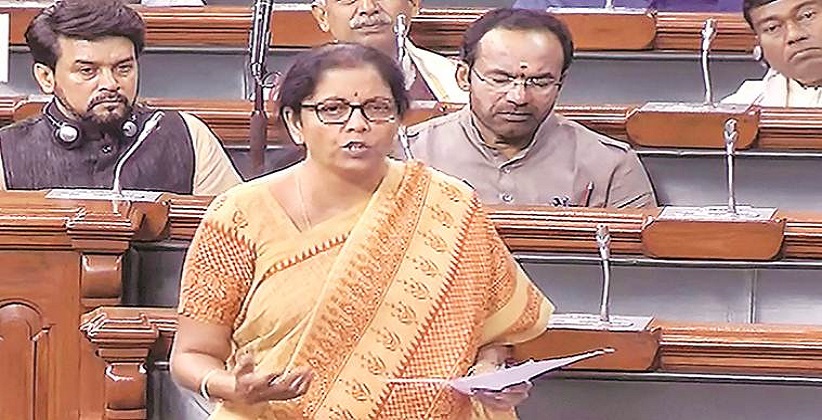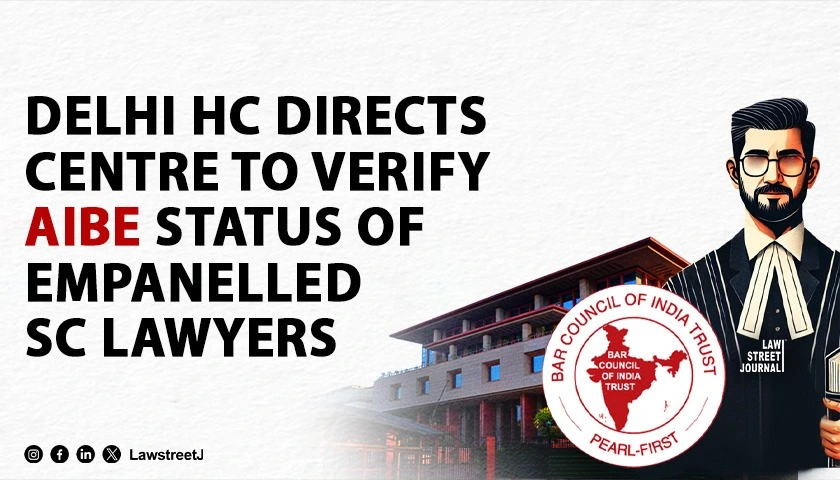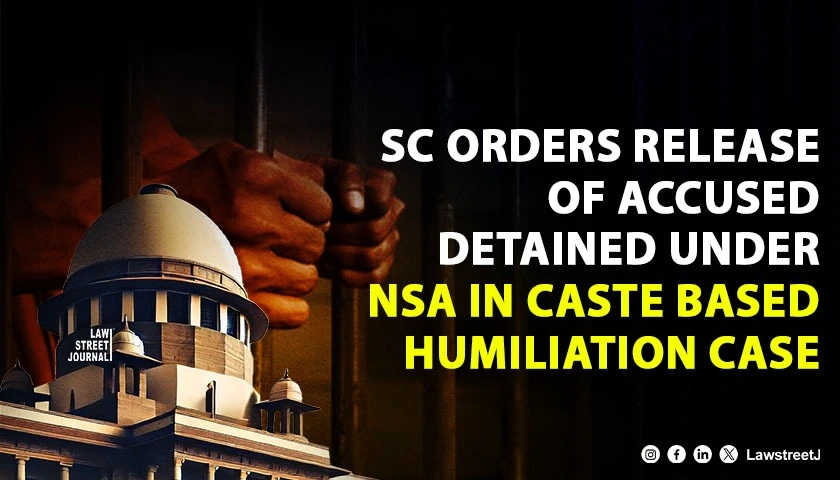New Delhi: On Friday (February 06, 2020) the Lok Sabha passed the Insolvency and Bankruptcy Code (Second Amendment) Bill, 2019, by voice vote. Eyeing at easing the insolvency resolution process Finance Minister Nirmala Sitharaman first introduced this bill in the house on December 12, 2019. The standing committee scrutinized the bill and submitted its report on March 04, 2020.
The bill was passed yesterday in the Lok Sabha amidst demands from the opposition MPs to discuss Delhi Riots immediately. The statement of objects and reasons annexed with the Bill is:
"A need was felt to give the highest priority in repayment to last mile funding to corporate debtors to prevent insolvency, in case the company goes into corporate insolvency resolution process or liquidation, to prevent potential abuse of the Code by certain classes of financial creditors, to provide immunity against prosecution of the corporate debtor and action against the property of the corporate debtor and the successful resolution applicant subject to fulfillment of certain conditions, and in order to fill the critical gaps in the corporate insolvency framework, it has become necessary to amend certain provisions of the Insolvency and Bankruptcy Code, 2016"
The bill states under clause 12 of section 5 of the code that the insolvency commencement date is the date of admission of an application for initiating corporate insolvency resolution process (CIRP). Currently the CIRP commences when the Insolvency Resolution Professional (IRP) is appointed. The bill also clarifies the minimum threshold for certain classes of financial creditors for initiating insolvency resolution process. If the amount of default by the debtor is at least one lakh rupees, the code allows the creditors to initiate an insolvency resolution process. The bill further clarifies that a corporate debtor should not be prevented from filing an application against other corporate debtor for corporate insolvency.
The bill also provides that a company will not be liable for any offence committed prior to the commencement of CIRP. And it will not be prosecuted for any such offence from the date the resolution plan is approved by the NCLT.
The bill also provides immunity from attachment, seizure, retention, or confisticating of the company property in relation to such offences. The bill amends the code that a license, permit, registration, quota, concession, clearance or a similar grant or right will now not be terminated or suspended during the Moratorium period (the time during the loan term when the borrower is not required to make any repayment). The provision is applicable till the debtor does not default in the payment of current dues which arises for the use or continuation of such licenses or permits.
Author: Aishwary Bajpai










